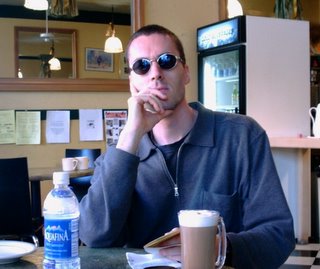This months WIRED magazine has a short but enlightening discussion between Daniel Pink (WIRED contributing editor and author of “Drive: The surprising truth about what motivates us”) and Clay Shirky (author of the upcoming book “Cognitive Surplus: Creativity and Generosity in a connected Age”). They discuss the concept of “Cognitive Surplus” that occurs when people stop being passive media consumer and start creating things that benefit the community and/or their personal lives. Both believe that the ever rising TV consumption hinders people on expressing themselves in any kind of creative form that would beneficial for their communities and themselves. While their arguments and thinking is not necessarily new, their framing of the opportunity is fascinating.
Shirky builds the connection between the positively used free time (when people stop watching as much TV) as a vast reservoir of life changing power and people’s intrinsic motivation of creating things. He claims that most people are not motivated by external factors (e.g. money) but by internal factors that drive their own personal satisfaction. People like putting puzzles together in their free time but if you start paying them, they quickly loose interest.
The cognitive surplus exists if one connects the creatively usable free time of lots of people and put them to use for either something valuable or just enjoyable. Pink and Shirky like to use Wikipedia or Linux as one of the best examples that used cognitive surplus in a positive manner. All of Wikipedia’s work represents over 100 million hours of human labor which seems at first glance a lot but not if you consider that someone born in 1960 will have watched already 50,000 hours of TV alone.
I am not as optimistic as Pink and Shirky in regards to a perceived trends of people moving from passively absorbing to actively engaging but the opportunities to not just create more cognitive surplus but using it, too, is a demanding and challenging one. Every for profit organization has latent “cognitive surplus” that could be utilized, not only for the company’s benefit but for the employees benefit, too. Successful companies in the future will rely strongly on allowing for “cognitive surplus” by providing space and connecting people’s individual “cognitive surplus”. This is not a zero sum game, it’s a one plus game.

